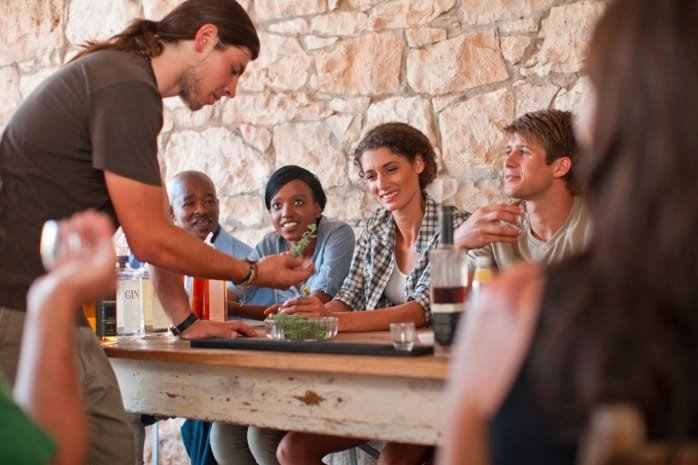America’s drinking landscape is undergoing a remarkable transformation. From bustling urban centers to quiet rural towns, small distilleries are emerging as cultural touchstones, offering consumers something that mass-produced spirits simply cannot: authenticity, transparency, and a direct connection to the makers behind the bottle. This movement represents more than just a trend—it’s a fundamental shift in how Americans think about what they drink and why they drink it.
The explosion of craft alcohol made in America has created a new generation of distillers who approach their work with the passion of artists and the precision of scientists. These producers are challenging century-old assumptions about how spirits should taste, be made, and be enjoyed.
Quality Over Quantity
Small-batch distillers operate on a philosophy that prioritizes excellence over efficiency. Unlike industrial operations that churn out vast quantities using standardized processes, craft distillers often hand-select their ingredients, monitor fermentation closely, and make cuts during distillation that larger producers might consider wasteful. This meticulous attention to detail results in spirits with distinctive character and depth.
The small-batch approach allows distillers to experiment with heritage grains, local botanicals, and innovative aging techniques that would be impractical or impossible at industrial scale. Each batch becomes an opportunity for refinement and creativity, leading to spirits that reflect both the terroir of their origin and the vision of their creators.
Transparency and Storytelling
Today’s consumers want to know the story behind their spirits. Small-batch producers have answered this call by offering unprecedented transparency about their sourcing, production methods, and business practices. Many distilleries welcome visitors to tour their facilities, meet the team, and witness the production process firsthand.
This openness has transformed drinking from a purely transactional experience into an educational and emotional one. When consumers understand the effort, skill, and intention that goes into each bottle, they develop a deeper appreciation for the spirit itself. The label becomes more than marketing—it becomes a promise and a story worth sharing.
Reviving Regional Identity
Small-batch distillers are helping regions develop distinctive spirits identities that reflect local culture, agriculture, and history. By using regional ingredients and drawing inspiration from area traditions, these producers create spirits that taste of place. A bourbon made with heirloom corn from family farms tells a different story than one made with commodity grain from anonymous sources.
This regionalization is giving drinkers a new way to explore American geography and heritage through their glasses. Each region’s unique climate, water sources, and agricultural traditions contribute to spirits that cannot be replicated elsewhere, creating a diverse tapestry of American distilling.
Changing Consumer Values
The small-batch movement aligns perfectly with evolving consumer priorities. Modern drinkers increasingly value sustainability, local production, and supporting small businesses over brand recognition and aggressive marketing. They’re willing to pay more for spirits that align with their values and deliver genuine quality.
This shift has empowered consumers to become more discerning and educated about spirits. Rather than defaulting to familiar labels, they’re exploring tasting rooms, asking questions about production methods, and developing sophisticated palates that can appreciate nuance and craftsmanship.
Impact on Cocktail Culture
Bartenders and mixologists have embraced small-batch spirits enthusiastically, recognizing that distinctive base ingredients elevate their craft. The unique flavor profiles of artisanal spirits inspire creative cocktails that showcase rather than mask the spirit’s character. This has led to more sophisticated cocktail menus that celebrate the distiller’s art alongside the bartender’s skill.
The Road Ahead
As small-batch distilling continues to mature, it’s reshaping American drinking culture in lasting ways. The movement has proven that there’s a sustainable market for quality over quantity, transparency over marketing mystique, and regional character over homogenization. While challenges remain—from distribution hurdles to regulatory complexities—the impact of small-batch spirits on American culture is undeniable.
These artisanal producers have given Americans a new relationship with spirits, one built on appreciation, knowledge, and connection. In doing so, they’ve not just created better drinks—they’ve created a more thoughtful, engaged, and culturally rich drinking culture for generations to come.





